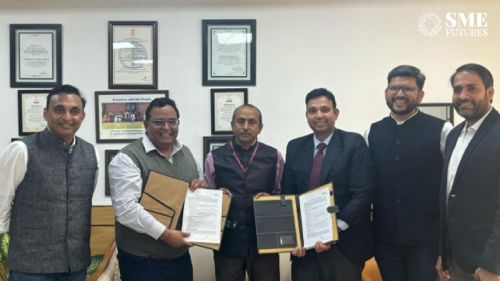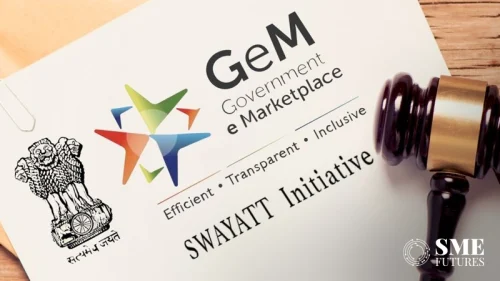Workers in the business process outsourcing (BPO) sector are at the maximum risk of getting impacted by the influx of generative artificial intelligence, IT industry body Nasscom’s chairman Rajesh Nambiar has said.
Nambiar, who is also the chairman and managing director of global technology major Cognizant’s India unit, said workers in the software services industry, the Indian tech industry’s mainstay, do not have much to worry.
“People who work on process related industry, which we traditionally used to call as BPO (business process outsourcing)… Some of that runs the risk of getting replaced with an AI engine pretty quickly,” he said at a seminar organised in Pune over the weekend.
He stressed that the $48.9 billion BPM (business process management) industry has evolved quite a bit from merely managing simple business processes.
There are heightened concerns around the impact of AI on jobs, especially in the over $250 billion Indian tech sector which contributes substantially to the overall GDP of the country.
In the case of software services industry, Nambiar said professionals who do not use AI as part of their work “run the risk of getting replaced” by those using AI.
A majority of IT services players are deploying their investments in training their workforce on the AI-related skills to help clients’ demands in the future.
“…I think at the end of the day, it is the human ability to leverage and make a difference,” Nambiar said, adding that the real impact happens when AI is integrated with an existing system or directed to solve a problem.
Generative AI will impact white collar jobs more, he said, adding that this is a departure from the past, where every technological input aimed at productivity gains has focused on automating tasks being executed at the lower end of the spectrum.
“…this is the first time you are going to have a productivity enhancer, which will actually impact more if you are using your brain a lot more,” he said.
It may not impact the technician working to fix lights or the air conditioner, but will impact jobs like equity analysts at brokerages or a statistician, he said.
If we were to have a short-term outlook, Gen AI is “overhyped”, Nambiar said, adding that its impact is “underestimated” from the longer term basis.
“If you want to look at a 5-10 year horizon, I believe that the impact of Gen AI and AI in general will have a much more impact than any of us could imagine at this point of time,” he said.
He also called Gen AI as a great equaliser, stating that benefits from deploying the new technologies are higher when the human capabilities are lower.











